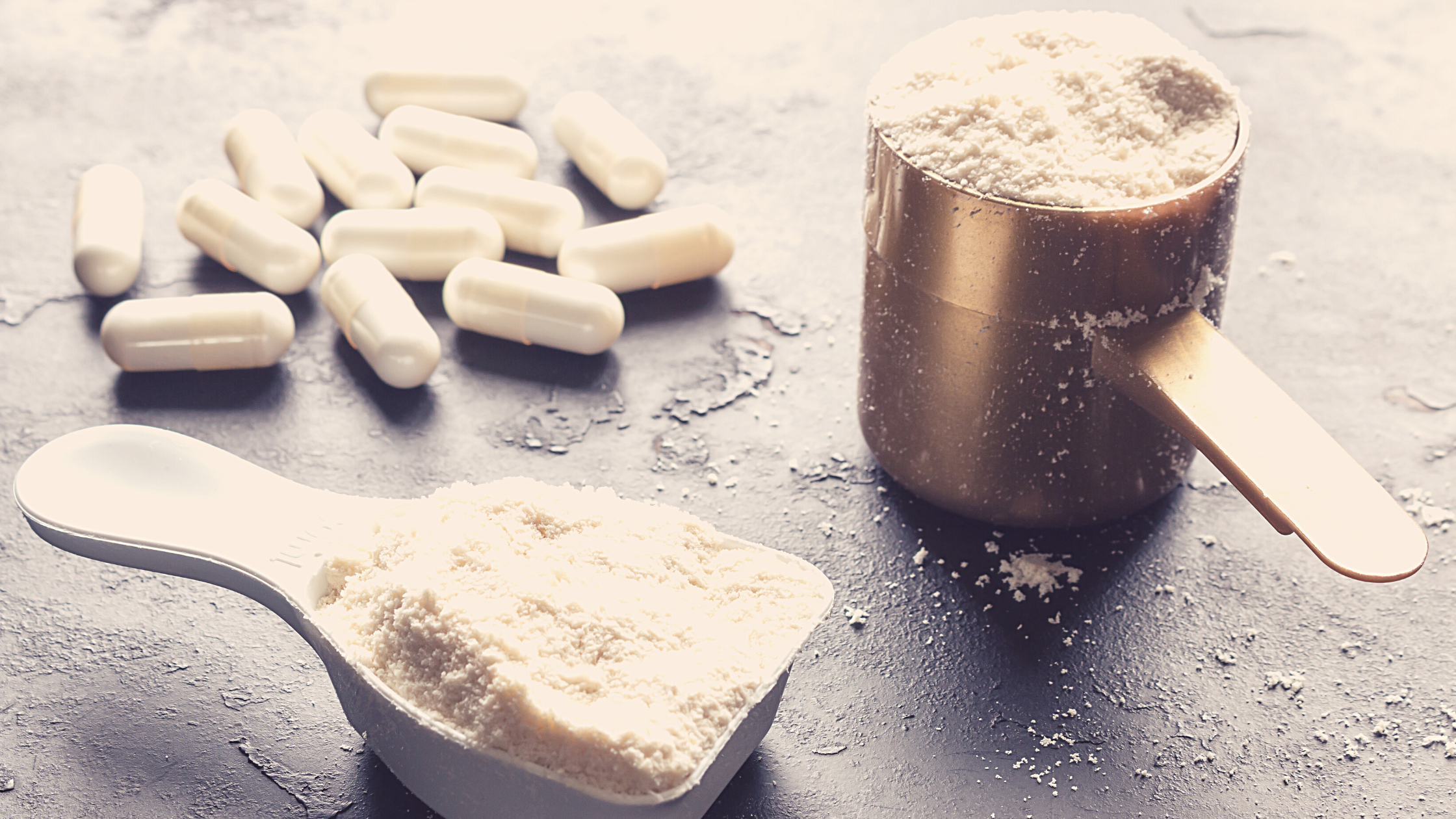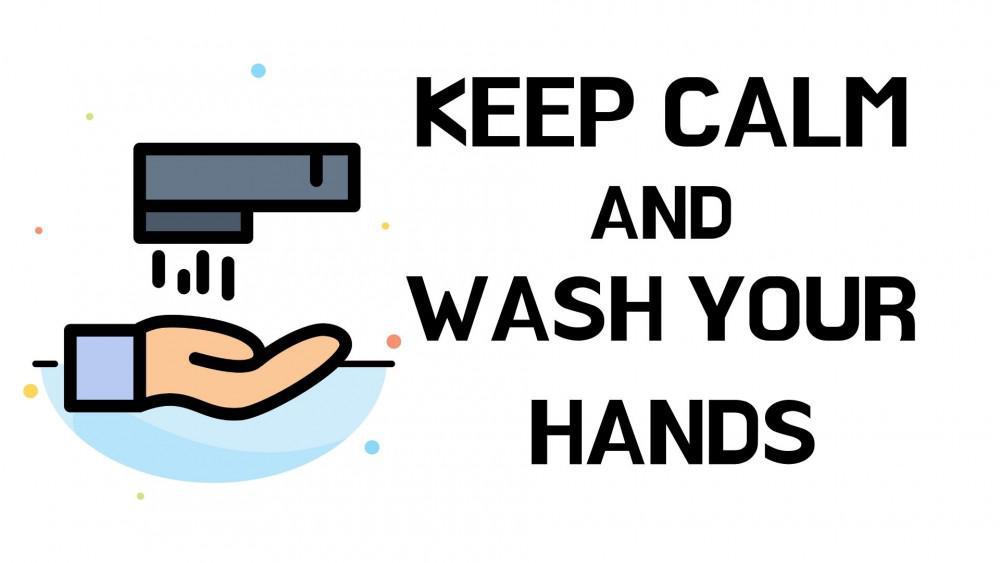Now more than ever, taking quality vitamins and supplements is critical to building your health and maintaining a strong immune system. And you should know what is inside each capsule you swallow.
3 Tips for Managing Emotional Eating

Stay on track with these tips for managing emotional eating.
The holiday season can easily turn into an excuse to lose track of our healthy habits, eat and drink what we want, keep unusual schedules, and wear ourselves down.
Yet I believe that December is one of the best times to start a wellness program because it allows you to observe your “special” eating habits as well as notice emotional eating triggers that might not show up at other times of the year. It also helps you maintain optimal health in what can often be a very stressful holiday season.
Many of us engage in emotional eating from time to time. The holidays create many opportunities for parties, dinners, and celebrations that connect us with people who evoke memories and traditions that may not be the healthiest choices for our present health goals. Foods are closely connected to emotional experiences and can elicit strong emotions. The good ones are easily dealt with, but the negative ones that linger hidden in our mind can often trigger excessive or harmful eating habits. These unconscious reactions to emotional triggers create most emotional over-eating situations.
It is very natural to find comfort in foods to soothe pain and uncomfortable emotions. Unfortunately, resorting to food as a means of comfort also means that the person never ends up confronting the underlying issues and situations that created the unwanted feelings in the first place. These situations can range from social anxiety triggering excessive drinking to complex family relationships that make people feel inept and unappreciated.
Taking time to inspect why you overindulge will give you the keys to unlocking healthful habits and ensuring you success on your wellness program, even during holidays and special events.
- The first factor in handling emotional eating is being able to recognize the emotional triggers that create those unwanted feelings. Identification is vital to breaking those emotional eating habits. If you notice you are eating or drinking more around the holidays, try to see which situations, problems, or thoughts you might be trying to avoid. Once you identify the trigger, see if there are particular people or personality types that are involved in creating those feelings. Are there common denominators that cause you anxiety?
- Next, take note of what type of food or beverages you tend to binge on and when. Our bodies are incredible at giving us clues to what is happening metabolically as well as emotionally. For instance, cravings for salty foods have different physical sources than sweet cravings. Many of our patients are amazed to find their sugar cravings disappear when they are eating the right amounts of healthy fats. Additionally, things like vitamin deficiencies can also play a big role in overconsumption. Something as simple as a Vitamin B1 deficiency can dramatically increase anxiety and change the desire to drink alcohol. The key here is to note what you are craving and discuss your findings with your health practitioner.
- Finally, once you note the emotional or physical triggers for over consumption, it is time to adopt new habits that do not involve consuming food or beverages. As you progress on your wellness journey, you will be able to rapidly see old habits and replace them with new healthy choices. You and your health coach can review various tips and tricks to staying on track even in tough situations.
As for emotional responses that are triggered by particular people, the best solution is to have an honest, frank discussion with them. Talking about emotional situations is not easy, but it is one of the best solutions for your long-term wellness. Be prepared for some people to deny they said or meant those upsetting comments, and you may have to simply let it go. But the good news is that the emotional benefit of simply addressing your concerns can be extremely therapeutic. It also establishes the precedent that these people know that type of interaction is unwanted, inappropriate, and have negative effects on your relationship.
Most often, emotional eating has everything to do with our relationship to others and ourselves. It can be a big “A-Ha!” moment when we begin to connect our eating patterns with our personal relationships and mental and emotional wellness.
You are becoming your own health and wellness expert.
We are here to support your wellness journey – YOU get to take the strides in the right direction to make that happen.
Be well -
Thomas W. Rohde, M.D.
 Dr. Thomas Rohde
Anti-Aging and Functional & Regenerative Medicine Physician
Dr. Thomas Rohde
Anti-Aging and Functional & Regenerative Medicine Physician
You Might Also Enjoy...
Gastrointestinal (GI) dysfunction is the number one problem that I find in my patients daily.
An FAQ on Stem Cells and Regenerative Tissue Therapies provided by Renew Total Body Wellness Center.
Simple good-health suggestions to help boost your immune system - especially during Influenza or other cough and cold seasons.
Platelet-Rich Plasma is a non-surgical regenerative therapy that is used to encourage healing and reduce tissue inflammation.
Dandelions cannot grow in concrete. Likewise, viruses cannot take root in a strong immune system. Doc offers recommendations to build and strengthen your immune system to help your body defend against disease.









